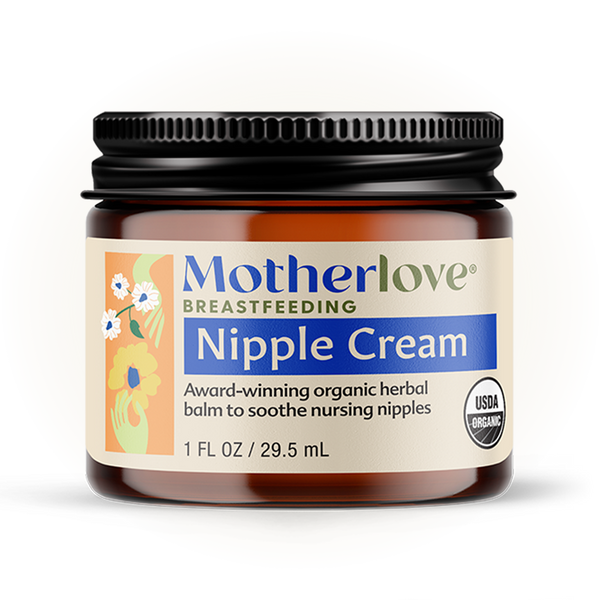YOUR TIPS FOR PREVENTING AND TREATING CLOGGED DUCTS
If you've ever had a plugged duct, you know how uncomfortable it can feel - and frustrating! We've been there and love to share solutions, so we queried our Facebook followers for their best advice. Below are their words of wisdom!
- Prevention = regular milk removal with a proper latch.
- For prevention, check breasts every day while in the shower. If you find an area that is a little sore or hard, massage gently toward nipple.
- If you have a plugged duct, nurse frequently!
- Every time you nurse, start on the side with the plugged duct.
- Massage plugged area, moving toward the nipple. Doing this in the shower with steaming water running on you is even better!
- Heat up the clogged breast before you nurse on that side with a warm compress or a bath.
- Make compresses with comfrey (purchase it at your local herbal market) and you can make a soak out of marshmallow root.
- Use warm castor oil compresses.
- Use commercially available herbal tinctures and compresses for plugged ducts.
- Wherever the plug is, position the baby so that the jaw is pointing toward the clogged duct. This might mean laying down in bed and laying the baby upside down!
- Use the dangle feeding method. Position the baby under you and prop yourself up and let your breast hang while you feed your nursling. Gravity and your nursling work together to help drain your clogged duct.
- Look for a clogged nipple pore or milk blister which might be causing the plugged duct.
- Wear the right size bra (many of us don't), and avoid underwires.
- For recurrent plugged ducts, sunflower lecithin for prevention.
- Pump every hour between feedings to help relieve the clog.
- Use cold packs after nursing to help reduce inflammation.
- Fill up your bra up with grated potato! (or make a poultice with grated raw potato for the affected area).
- Hand express.
- Take ibuprofen for pain.
And of course please seek medical attention if you develop symptoms of a breast infection (mastitis)!





